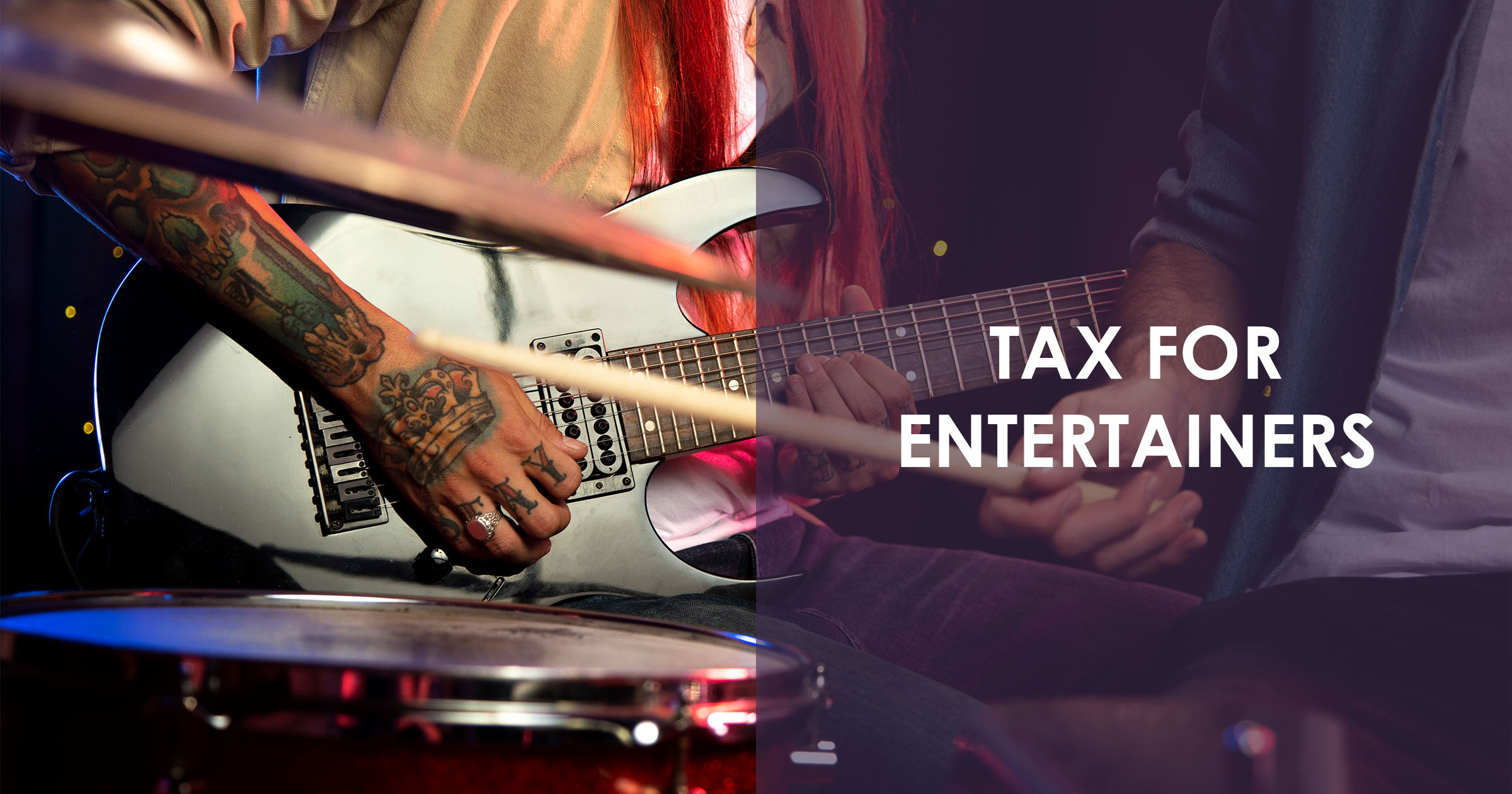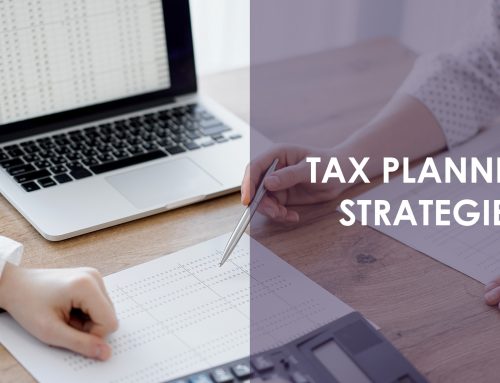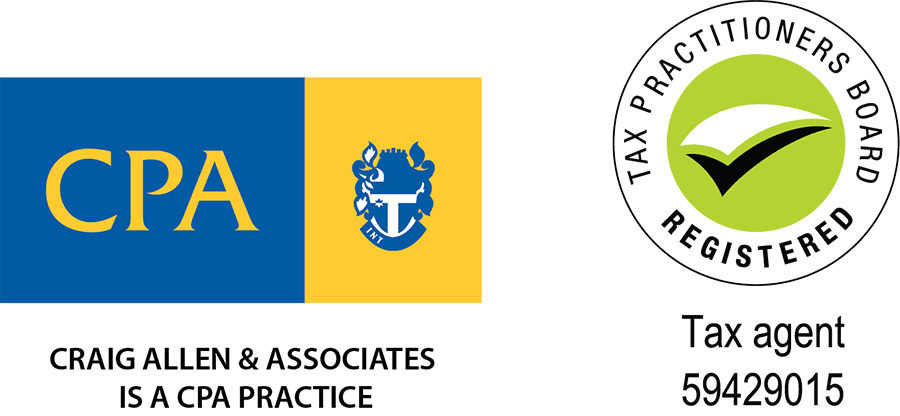While your area of expertise may be on the more creative side of things, complying with your tax obligations is inescapable. Creative professionals, such as musicians, music and film producers, face complex challenges as business owners.
Luckily, this guide will help you go over key things you need to know about proper record-keeping, tax deductions, and how you can make the process of preparing your tax return easier at tax time.
Entertainment Industry Tax Deductions
If your annual income in the entertainment or music business exceeds $18,200, you may need to pay tax. How much tax you will pay will depend on your income bracket. However, you can claim tax deductions for certain expenses like vehicle and travel, research, repairs and maintenance, professional fees, home office, website costs, and depreciation among others. The ATO has a full list of tax deductions for entertainment industry professionals you can check out.
For an expense to be considered work-related or deductible it must be:
- Directly related to the earning of your income
- An expense you spent money on and were not reimbursed
- Supported with a record or receipt
You should be aware that there are certain expenses you can’t claim a deduction for such as gifts to fellow performers, meals eaten during a normal working day, attending awards nights, and preparing for auditions.
Understand the Tax Concessions You Can Avail
The creative and entertainment industry can be quite unpredictable as an artist’s income can vary significantly each year. This is why the ATO has placed some concessions to address these irregularities.
The Income averaging for special professionals was developed for artists, authors, composers, writers, inventors, performers, production associates and sportspeople. This tax offset allows you to stop paying tax in one year and pay excessive tax the next. The calculation for this offset can be complicated so it helps to consult an accountant or tax agent about it and other concessions you are eligible for.
Practice Good Record Keeping
Good record-keeping is essential for any business, including those in the entertainment and music industry. These records are required when claiming tax deductions. It can be a receipt or another form of written evidence (such as an invoice) so long as it shows when and what you purchased, where you purchased it, and how much money you spent.
Save for your Tax – Put Money Aside
Getting on top of your tax early on will help you become more organised and avoid unnecessary penalties. Rather than waiting for a tax bill, consider putting money aside by opening a savings account or a mortgage offset account, exclusively for tax payments. This account can be used to save for all your taxes, income and GST-related expenses.
Hire an Entertainment Industry Expert – Craig Allen and Associates is here to help you
Accounting for musicians and entertainers can be complicated and time-consuming so it’s best to leave it to the experts and hire an accountant. We are not only able to help you prepare and lodge your tax returns, but we can also improve your tax result, teach you how to use accounting software for your record-keeping, and give you high-quality advice tailored to your business.
We at Craig Allen and Associates have been the trusted entertainment industry tax accountant of prominent figures in Australia for decades. Now is the time to make a booking with us by contacting our team at 039 558 7316 or emailing us at craig@craigallen.com.au.
SHARE THIS ARTICLE








